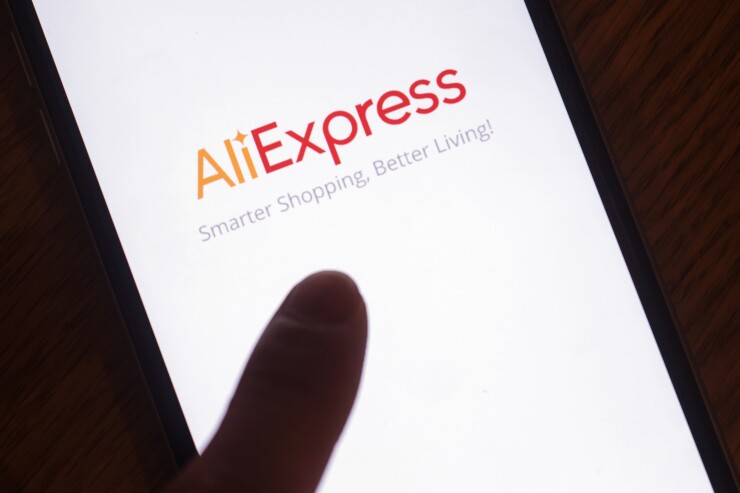Chicago-based crowdSPRING is a matchmaker, putting marketers and designers in touch with small businesses. And as with any matchmaking service, the true test of character is when the bill arrives.
Payments are getting more complex as business gets more global, adding channels and expanding ways to sell. Part of the matchmaker's strategy is to find a match of its own: AliExpress, Alibaba's online marketplace. It's also considering a foray into virtual currency.
The partnership with AliExpress, which is well-known to Alibaba's home market in China, gives CrowdSPRING a substantial new market of sellers to approach.

"There are a lot of directions this partnership could go," said Ross Kimbarovsky, CEO of crowdSPRING. "China is starting to look at the rest of the world, and many of the products that are selling in the U.S. are manufactured in China."
Companies use crowdSPRING to power a selection process that's a mix between a contest, bidding war, hackathon and auction. Sellers answer questions about categories, price and project needs. Designers and writers view these requests and submit proposals.
Sellers pay up front before choosing a designer, with the winning bidder receiving 60% of the total fee. CrowdSPRING handles the payments, which typically involve PayPal or a major credit card.
In partnering with AliExpress, crowdSPRING is teaming up with a rapidly expanding e-commerce network. Ant Financial, which operates Alipay as the payments affiliate of Alibaba, is aggressively pursuing markets outside of Asia. Ant is trying to acquire U.S.-based
By working with AliExpress, crowdSPRING can address the need for sellers in online communities to market to international customers.
"They are looking to expand their horizons and are looking to differentiate their products," Kimbarovsky said. "The biggest challenge is how to stand out when there are 40 or 50 versions of a product that are online."
Collaboration between B-to-B marketplaces should increase given the popularity of digital commerce. There have already been similar partnerships, such as Visa's Amazon Business partnership, which allows buyers to have access to Level III [line item card] data automatically through use of the site, said Steve Murphy, an analyst for commercial and enterprise payments at Mercator.
B-to-B networks can minimize labor costs, reduce risk and increase speed, said Tim Sloane, vice president of payments innovation at Mercator.
"Suppliers partner with the hub, such as Amazon or Alibaba, sign a contract and identify payment terms and credentials," Sloane said. "Converting that back end into a B-to-B marketplace would deliver benefits but implementation won't be easy."
There's also a currency challenge as sellers, buyers and content creators are more often in different regions. CrowdSPRING's site already includes an entire section for content creators on how to get paid, how PayPal and Payoneer fit in, what happens if PayPal is not available in a certain market, how long payments may take and how to add accounts.
As parties become more disparate, crowdSPRING is considering virtual currencies, which could enable crowdSPRING, sellers and content creators to more easily pay each other without immediate concerns over currency exchange.
"One of the things we're looking at is when it will make sense to accept virtual currencies," Kimbarovsky said. "We're now dealing with businesses in more than 100 countries, and there are some countries with different payment systems, and Visa, Mastercard and Amex don't work the same in all countries."





